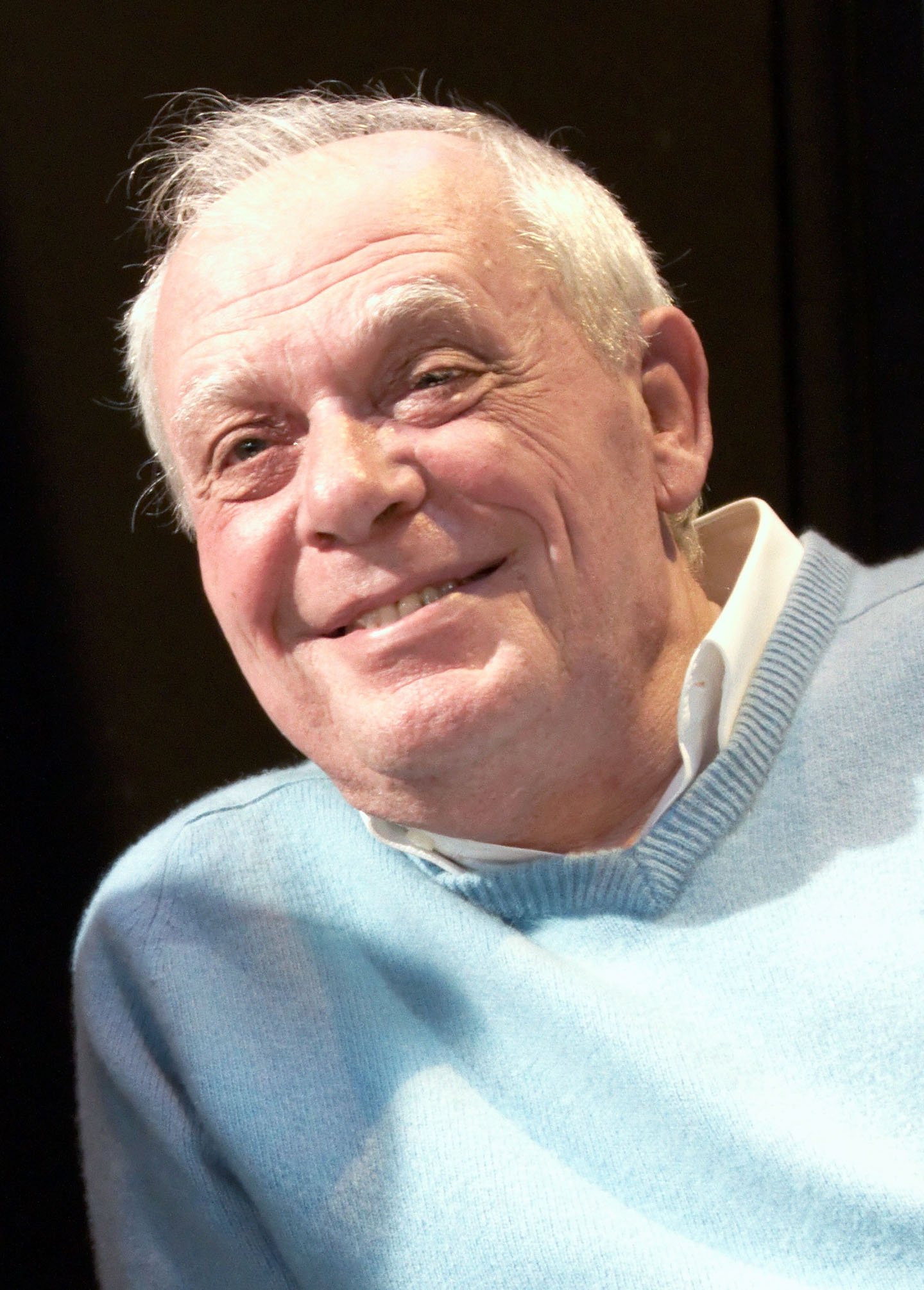Portuguese literature provides an excellent resource for European Portuguese language learners. From contemporary writers to classic voices, these 20th century authors and their books offer both insightful narratives and a means to deepen your cultural understanding the country.
1. Fernando Pessoa (1888-1935)
One of the most iconic figures in Portuguese literature, Fernando Pessoa is renowned for his poetic genius and for creating several distinct literary personas or “heteronyms,” each with its own style and philosophy. His most famous works include “Mensagem”, a nationalistic epic, and “Livro do Desassossego” (The Book of Disquiet), a fragmented and philosophical introspective narrative attributed to his heteronym Bernardo Soares. Pessoa’s profound and complex use of language makes his works a challenging but rewarding resource for advanced learners looking to grasp both formal and literary Portuguese.

2. Ilse Losa (1913-2006)
German-born Ilse Losa was a significant figure in Portuguese literature, often writing about exile, memory, and identity. Her book “O Mundo em Que Vivi” tells the semi-autobiographical story of a Jewish girl growing up in Nazi Germany and her later experiences in Portugal. The language is poetic yet direct, making it accessible for intermediate learners of Portuguese while offering historical and cultural perspectives.
3. Maria Judite de Carvalho (1921-1998)
Known for her introspective and minimalist style, Maria Judite de Carvalho wrote novels that explore themes of loneliness, societal pressures, and personal reflection. “Os Armários Vazios” is a poignant exploration of a woman’s inner world, with clear yet profound prose that is ideal for intermediate learners who want to improve their grasp of descriptive language and emotional depth.
4. Carlos de Oliveira (1921-1981)
Carlos de Oliveira is a major figure in Portuguese neorealism. His novels “Uma Abelha na Chuva” and “Pequenos Burgueses” are insightful portraits of rural Portuguese life, exploring themes of poverty, class, and societal struggles. His descriptive style and social commentary make these novels both challenging and enriching for advanced learners.
5. António Lobo Antunes (1942- )
A heavyweight in Portuguese literature, António Lobo Antunes is known for his dense, psychological novels. “O Manual dos Inquisidores” is an intense and intricate exploration of human nature and Portuguese history. His narrative complexity, including long sentences and stream-of-consciousness style, makes this novel a challenge, but also a great exercise for advanced language students interested in the richness of the Portuguese language.

6. Mário de Carvalho (1944- )
Mário de Carvalho is a celebrated Portuguese writer whose historical novel “Um Deus Passeando pela Brisa da Tarde” transports readers to the Roman Empire while exploring universal themes of power, morality, and human nature. His clear yet evocative language is a great tool for learners to study both historical context and Portuguese grammar in a richly layered narrative.
7. Lídia Jorge (1946- )
Lídia Jorge is one of the leading voices in modern Portuguese fiction. Her novel “O Vale da Paixão” explores themes of family, memory, and the complex dynamics of rural life in Portugal. Jorge’s lyrical style and rich descriptions provide learners with a deeper appreciation of Portuguese grammar and sentence structure while immersing them in the cultural landscape of the country.
8. Nuno Bragança (1929-1985)
Nuno Bragança’s “A Noite e o Riso” is a surreal and introspective novel that offers an experimental take on Portuguese literature. Known for his unique narrative style, Bragança challenges readers to explore deeper philosophical questions through his fragmented, poetic prose. This novel is ideal for advanced learners looking to expand their understanding of Portuguese literary styles.
9. Mário Zambujal (1936- )
Known for his humorous and light-hearted storytelling, Mário Zambujal’s “À Noite, Logo Se Vê” is a comedic novel about life in Lisbon. Zambujal’s conversational tone and use of informal Portuguese make his works an entertaining way for learners to get comfortable with everyday expressions and idiomatic phrases.

10. José Saramago (1922-2010)
Portugal’s only Nobel laureate in literature, José Saramago is renowned for his unique narrative style, blending historical, philosophical, and existential themes. His novels “Ensaio sobre a Cegueira” (Blindness) and “O Evangelho Segundo Jesus Cristo” (The Gospel According to Jesus Christ) are world-famous, known for their lack of conventional punctuation and their stream-of-consciousness style. Saramago’s works provide a challenging yet enriching experience for advanced learners of Portuguese, offering deep philosophical insights and a powerful use of the language.

11. Miguel Sousa Tavares (1950- )
Miguel Sousa Tavares is a prominent journalist and novelist. His novel “Não te deixarei morrer, David Crockett” reflects his interest in history and personal identity. It mixes Portuguese culture and global themes and offers readers a complex yet accessible narrative. Tavares is also known for his remarkable prose style, which is ideal for learners who wish to encounter rich vocabulary and vivid storytelling.
12. Dulce Maria Cardoso (1964- )
Dulce Maria Cardoso is a modern Portuguese novelist whose works delve into themes of displacement and identity. “O Retorno” tells the story of Portuguese citizens returning from Angola after decolonization, while “Os Meus Sentimentos” explores personal and emotional journeys. Her straightforward language, combined with complex emotional narratives, provides a rewarding reading experience for learners of Portuguese.
13. Válter Hugo Mãe (1971- )
Válter Hugo Mãe is a highly innovative voice in Portuguese literature. He is known for his experimental and poetic prose. “A Máquina de Fazer Espanhóis” explores the lives of elderly residents in a nursing home, while “As Doenças do Brasil” is a complex narrative dealing with colonialism and national identity. His writing, while challenging, offers a beautiful exploration of the Portuguese language’s flexibility and depth.
14. Ricardo Araújo Pereira (1974- )
A master of humor and social commentary, Ricardo Araújo Pereira is a celebrated comedian and writer. His book “Novas Crónicas da Boca do Inferno” is a collection of witty essays that dissect Portuguese society with sharp humor and cultural references. The simplicity of his writing makes it a great way to study colloquial Portuguese, while his humor provides insight into contemporary social issues.
15. José Luís Peixoto (1974- )
One of the most acclaimed contemporary Portuguese authors, José Luís Peixoto is known for his emotionally powerful works. “Regresso a Casa” and “Morreste-me” are two of his most intimate books. They explore themes of loss, love, and returning home. Peixoto’s poetic style and simple yet profound language are perfect for learners who want to experience the beauty of Portuguese while engaging with universal emotions.
16. João Tordo (1975- )
João Tordo is a novelist whose works often blend mystery and psychological depth. His books “Naufrágio” and “O Bom Inverno” feature intricate plots and nuanced characters, which make them accessible yet deeply engaging reads for language learners. Tordo’s clear writing style and use of dialogue offer a good balance for intermediate readers seeking to improve their comprehension skills.
These authors and their works offer a range of styles, themes, and levels of complexity, making them perfect for learners of Portuguese who wish to deepen their language skills while exploring the rich literary heritage of Portugal. While reading in Portuguese may be struggle, it will undoubtedly improve your grasp of the language and deepen your connection to the country itself. Stick with it and you will be amazed at how quickly you improve.


